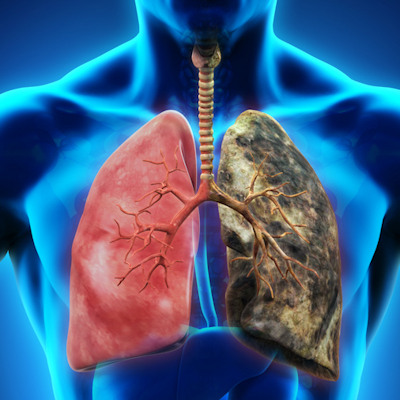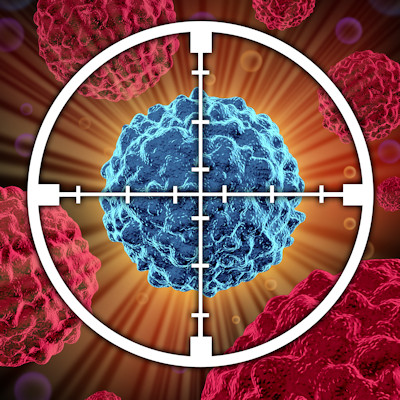November 22, 2022 -- Garvan Institute scientists have identified molecular profiles of the matrix surrounding common lung cancers that may indicate which patients are likely to develop aggressive tumors. The findings, published November 21 in the journal Genome Medicine, could help determine which tumors require more targeted treatment.
Squamous cell carcinoma is the second most prevalent lung cancer. However, treatment options remain limited. Recurrence and chemotherapy resistance cause death in 80% of patients within five years of diagnosis.
Extracellular matrices are present in all tissues and normally hold cells together, providing structural and functional support. But a matrix of around 300 core molecules also supports cancer cells, promoting tumor growth and contributing to poor outcomes.
The team studied the matrix molecular and protein composition around squamous cell carcinoma lung tumors from patient samples. They identified one tumor matrix profile in which patient prognosis was good and another in which patients did poorly. These matrix profiles, established early in the tumor's development, persist as it grows, controlling the tumor's response to chemotherapy.
The tumor matrix in patients who fared worse had more collagen proteins and fibrosis -- stiffening of tumor structures -- suggesting remodeling that resists treatment. Researchers also found that while adenocarcinomas and squamous cell carcinomas (both non-small cell lung cancers) appear clinically similar, their matrix compositions varied significantly. They contend that these differences might help leverage existing therapies for other diseases. Clinical trials are planned for repurposed therapies that may prevent matrix remodeling in lung cancer patients and improve outcomes.
"This sheds light on why some patients progress well and others don't, and how we might be able to stratify patients to provide more personalized treatment," Garvan co-author Thomas Cox, PhD, said in a statement.
Copyright © 2022 scienceboard.net













